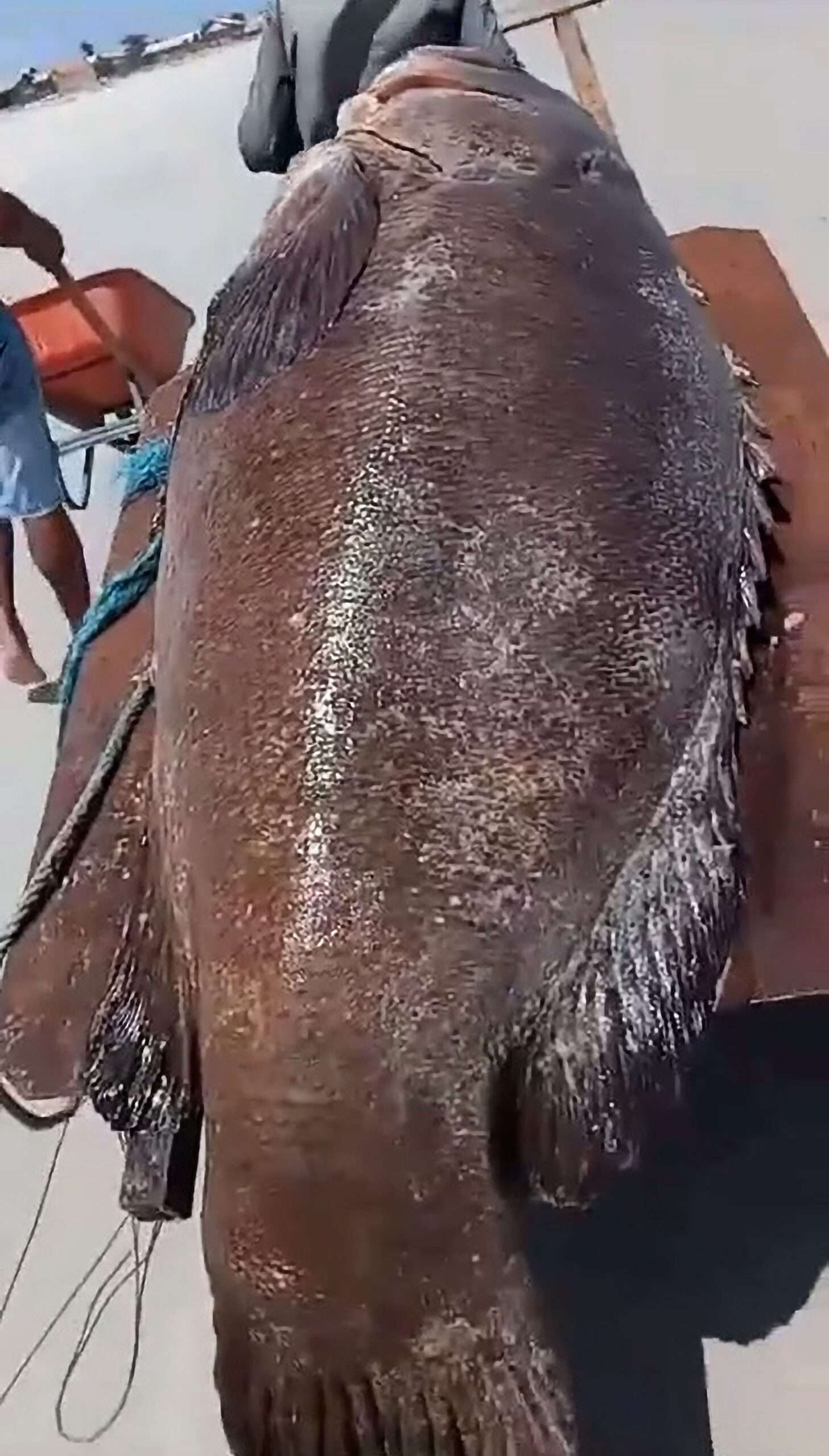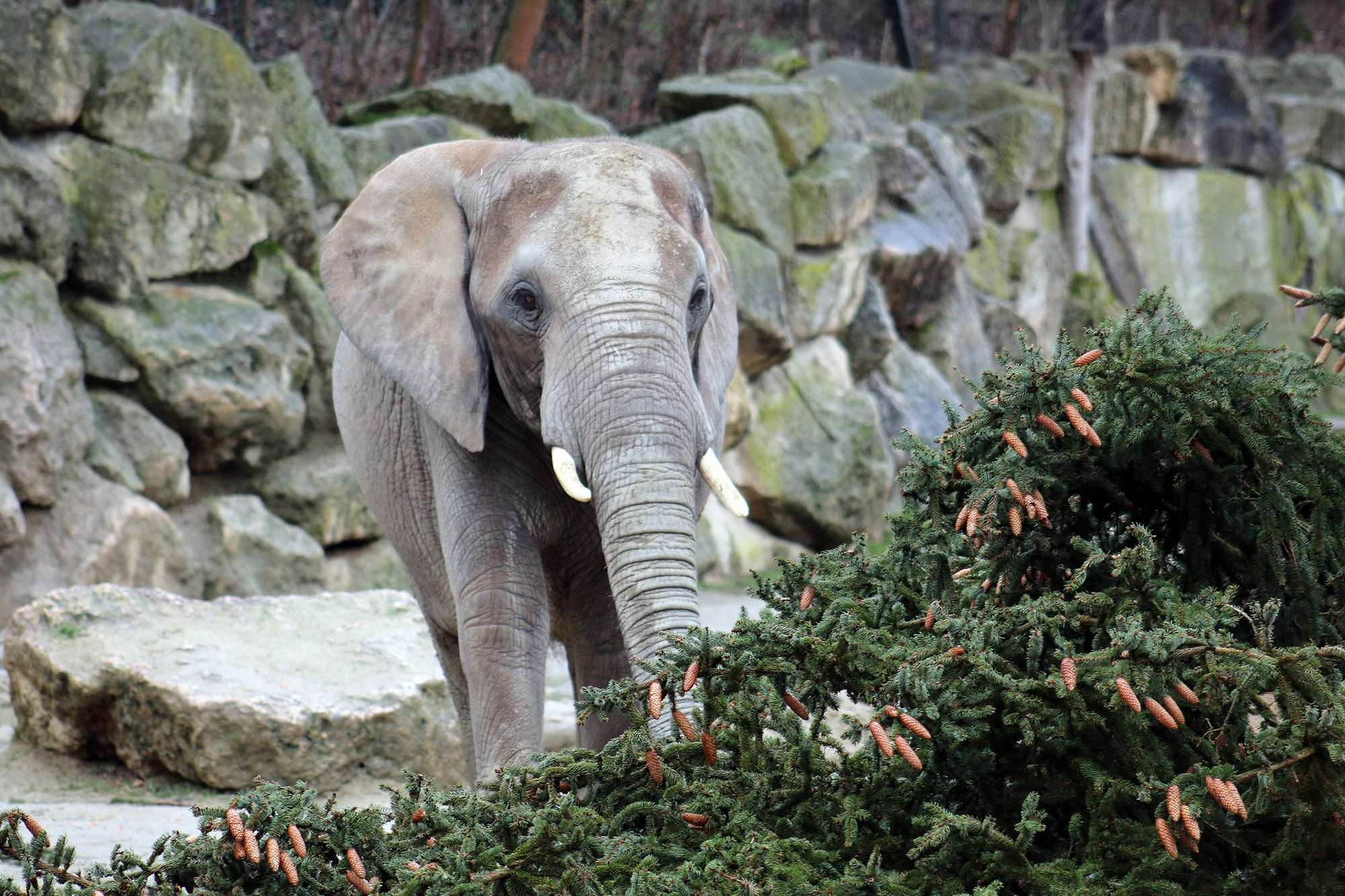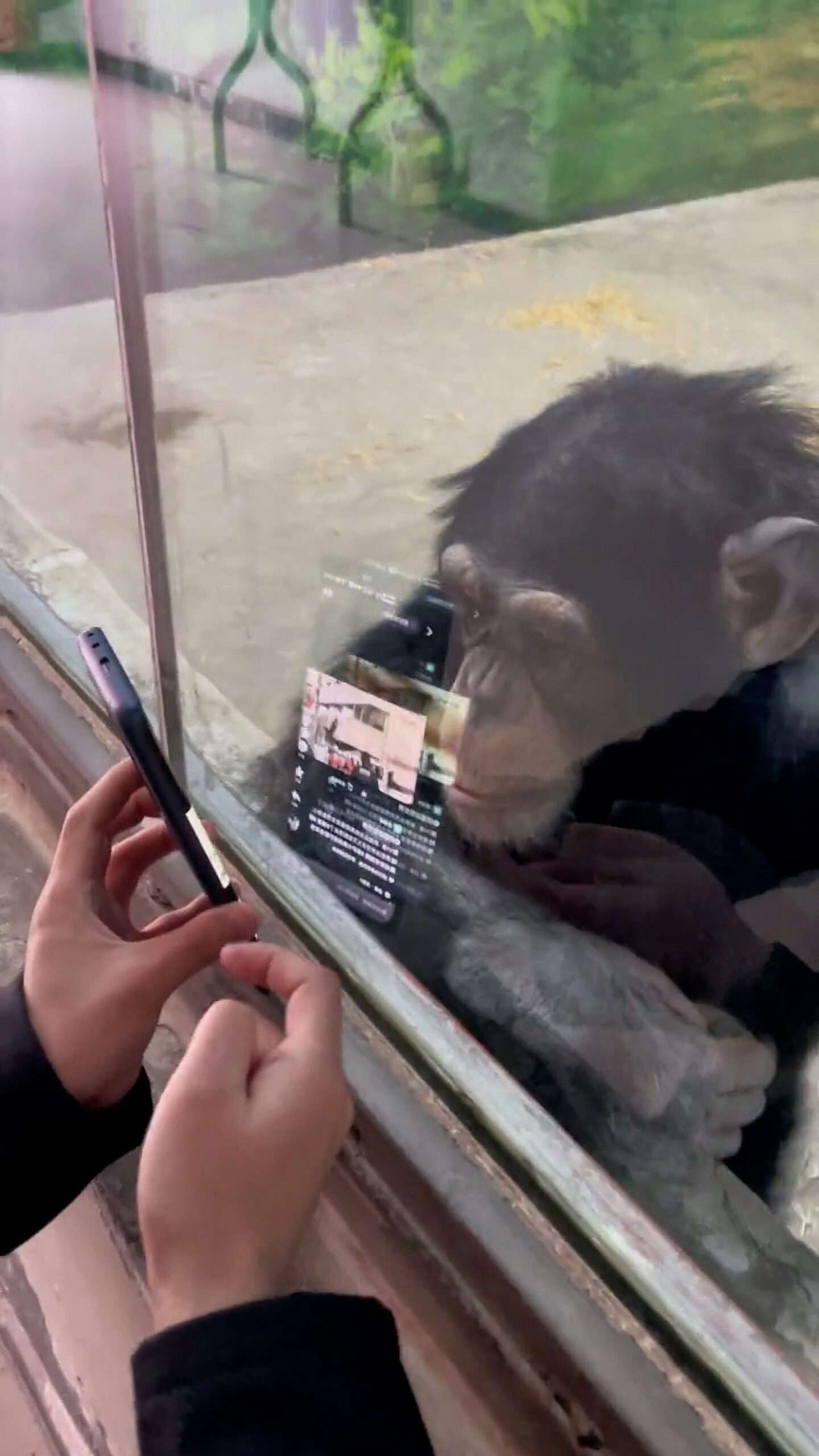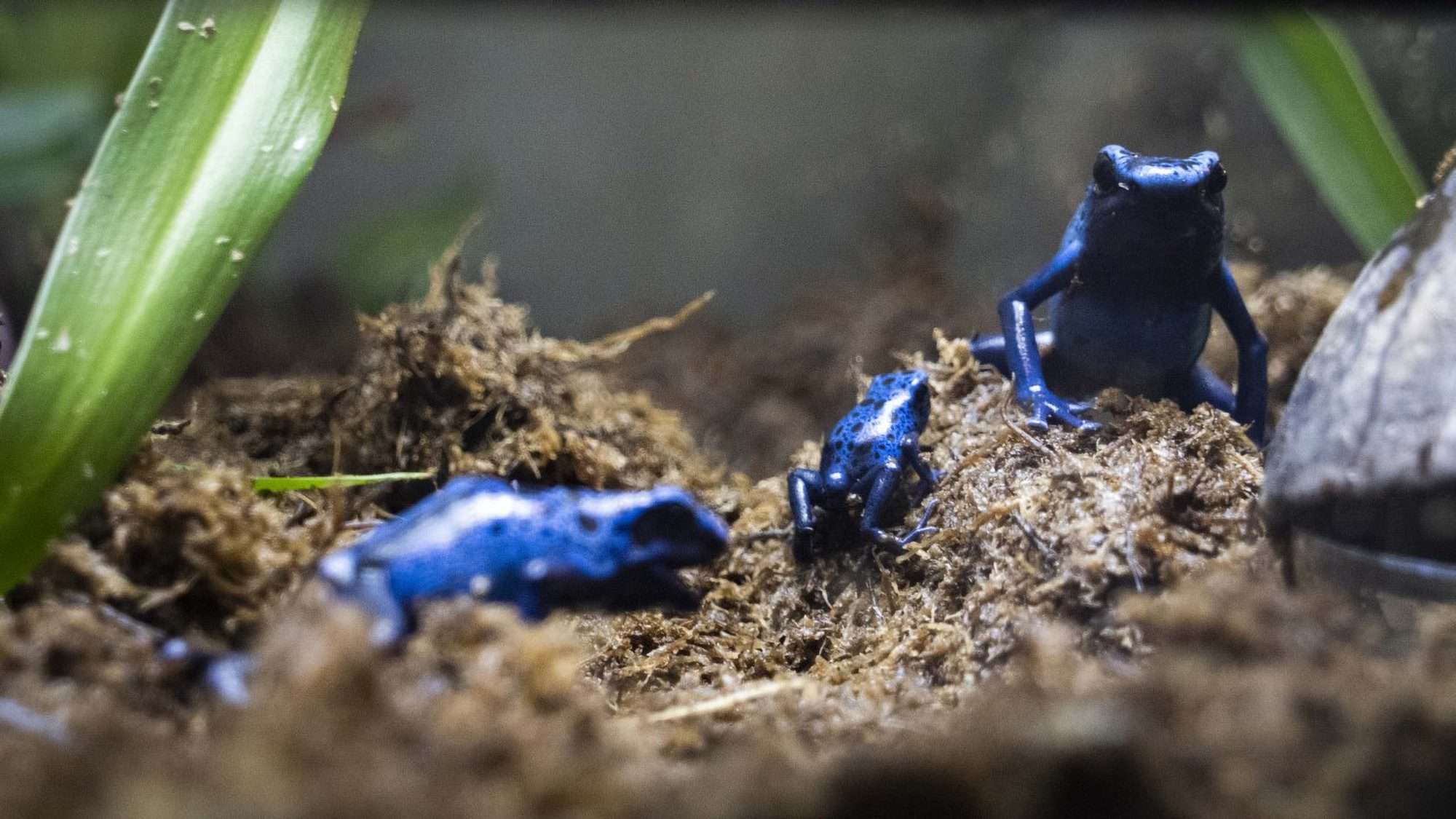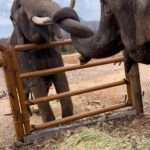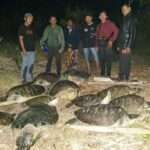The oldest zoo in the world has become the first zoo ever to breed protected crocodile tegus successfully.
The Schoenbrunn Zoo, located in the city of Vienna, Austria, welcomed the two crocodile tegu (Crocodilurus amazonicus) offspring on Thursday, 23rd November.
It thus became the first zoo in the world to have successfully bred the semi-aquatic predatory lizards, native to the Amazon Basin and the Guiana Shield in South America.
Zoo officials said that the two younglings’ parents were brought to Vienna after they were first seized in the Netherlands, and placed in a zoo in Belgium.
When the zoo closed, they were then transferred to the Austrian capital in 2021.
Zoo curator Anton Weissenbacher said in a statement obtained by Newsflash from Schoenbrunn Zoo: “There is no reliable information about the reproduction of this species.
“However, we were able to draw on our years of experience with another, closely related species, the northern caiman lizard.

“During the five months of incubation of the eggs, we repeatedly adjusted the conditions.
“The effort was worth it and two young animals hatched – a great success.”
Crocodile tegus are often targeted by smugglers because they are very expensive.
They are also listed in CITES appendix ii, meaning they are not yet threatened with extinction, but could become soon if unlimited trade were allowed.
The species’ biology is still unexplored, however, according to Weissenbacher, the successful breeding unlocked numerous new pieces of information to better understand them.
He added that zoos can greatly protect crocodile tegus by keeping and breeding healthy animal populations outside of their natural habitat.

Zoo director Stephan Hering-Hagenbeck said: “We are currently experiencing a loss of biodiversity on an unprecedented scale.
“Conservation efforts must be considered in their entirety, within and beyond the species’ natural habitat.
“Only through our collective knowledge and close collaboration can we stop species extinction on a global scale.
“As a member of the IUCN, we are particularly pleased about the confirmation of the International Union for Conservation of Nature, and we will strive to exploit our full potential for species protection.”


